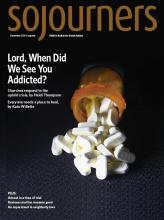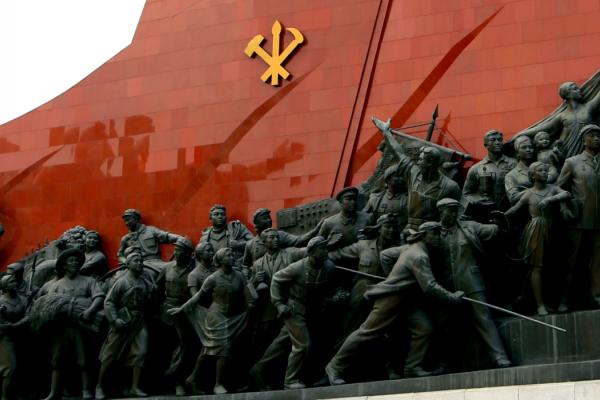NORTH KOREA'S hydrogen bomb test in September came as no shock to observers in South Korea. It was timed to protest the annual joint U.S.-South Korea military exercises. These “war games” are viewed by North Korea as a deadly provocation and as preparation for invasion and regime change.
The saber rattling and war of words by the U.S. and North Korean administrations reached a dangerous level this fall when President Trump, in his address to the U.N. General Assembly, threatened to “totally destroy” North Korea. To use such bellicose rhetoric at a forum that seeks political solutions to the world’s problems was particularly grave and reprehensible. It flies in the face of Christian values as well as the principles of universal human rights on which the U.N. is founded.
In September, U.S. planes crossed the demarcation that separates North and South Korea in the East Sea. In response, North Korea’s foreign minister, Ri Yong-ho, issued counterthreats to shoot down U.S. strategic bombers. Ri’s remarks betray North Korea’s fears of a pre-emptive strike by the U.S. and the “decapitation” of North Korea’s leadership. Since then the situation has gotten worse.
Read the Full Article

